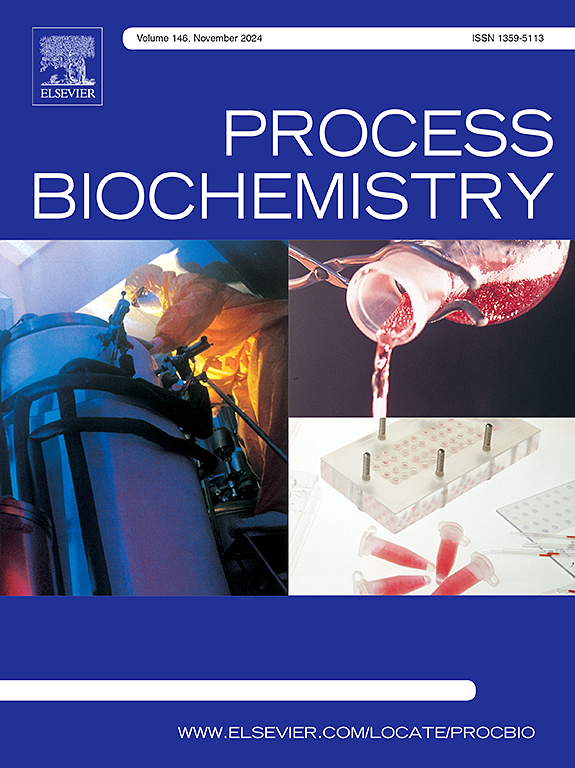药用植物是天然化妆品的基础
IF 4
3区 生物学
Q2 BIOCHEMISTRY & MOLECULAR BIOLOGY
引用次数: 0
摘要
植物性化妆品是以多种化妆品成分为基础制成的,但不含对人体有毒的有害合成化合物。植物性化妆品比传统化妆品更安全、更天然。随着消费者的需求不断扩大,天然美容产品的市场也在不断扩大。这些化妆品具有从抗衰老到护发产品的治疗特性。植物性化妆品因其更实惠和更少的副作用而吸引消费者。本文旨在分析对化妆品工业有吸引力的植物,以及它们的主要应用。目前,关于植物抗氧化、抗炎和抗菌潜力的研究报道较少。在本研究中,研究了在体外对耐药革兰氏阳性菌具有显著杀菌活性的植物活性化合物。植物提取物作为抗生素的佐剂,增强几种常用抗生素对革兰氏阳性和革兰氏阴性抗生素耐药菌的活性,而对细胞没有细胞毒性。此外,来自植物的生物活性化合物在体内对伤口的治疗和愈合有显著的作用。众所周知,具有生物抗氧化、抗炎和抗菌成分的药用植物可用于治疗皮肤感染和伤口愈合。本文章由计算机程序翻译,如有差异,请以英文原文为准。
Medicinal plants are the basis of natural cosmetics
Plant-based cosmetics are made with a variety of cosmetic ingredients as the base, but they do not contain harmful synthetic chemical compounds that are toxic to humans. Plant-based cosmetics are safer and more natural than traditional cosmetics. The market for natural beauty products is constantly expanding, in parallel with consumer demand. These cosmetics have therapeutic properties ranging from anti-aging to hair care products. Plant-based cosmetics appeal to consumers due to their greater affordability and fewer side effects. This paper aims to analyze the plants that appeal to the cosmetic industry, as well as their primary applications. Currently, there is a lack of research reports on the antioxidant, anti-inflammatory, and antimicrobial potential of plants. In this study, plant bioactive compounds that showed significant bactericidal activity against antibiotic-resistant Gram-positive bacteria in vitro were investigated. Plant extracts act as adjuvants to antibiotics, enhancing the activity of several commonly used antibiotics against both Gram-positive and Gram-negative antibiotic-resistant bacteria without cytotoxicity to cells. In addition, biologically active compounds from plants show significant effects on wound treatment and healing in vivo. It is known that medicinal plants with biological antioxidant, anti-inflammatory, and antimicrobial components can be used in the treatment of skin infections and wound healing.
求助全文
通过发布文献求助,成功后即可免费获取论文全文。
去求助
来源期刊

Process Biochemistry
生物-工程:化工
CiteScore
8.30
自引率
4.50%
发文量
374
审稿时长
53 days
期刊介绍:
Process Biochemistry is an application-orientated research journal devoted to reporting advances with originality and novelty, in the science and technology of the processes involving bioactive molecules and living organisms. These processes concern the production of useful metabolites or materials, or the removal of toxic compounds using tools and methods of current biology and engineering. Its main areas of interest include novel bioprocesses and enabling technologies (such as nanobiotechnology, tissue engineering, directed evolution, metabolic engineering, systems biology, and synthetic biology) applicable in food (nutraceutical), healthcare (medical, pharmaceutical, cosmetic), energy (biofuels), environmental, and biorefinery industries and their underlying biological and engineering principles.
 求助内容:
求助内容: 应助结果提醒方式:
应助结果提醒方式:


